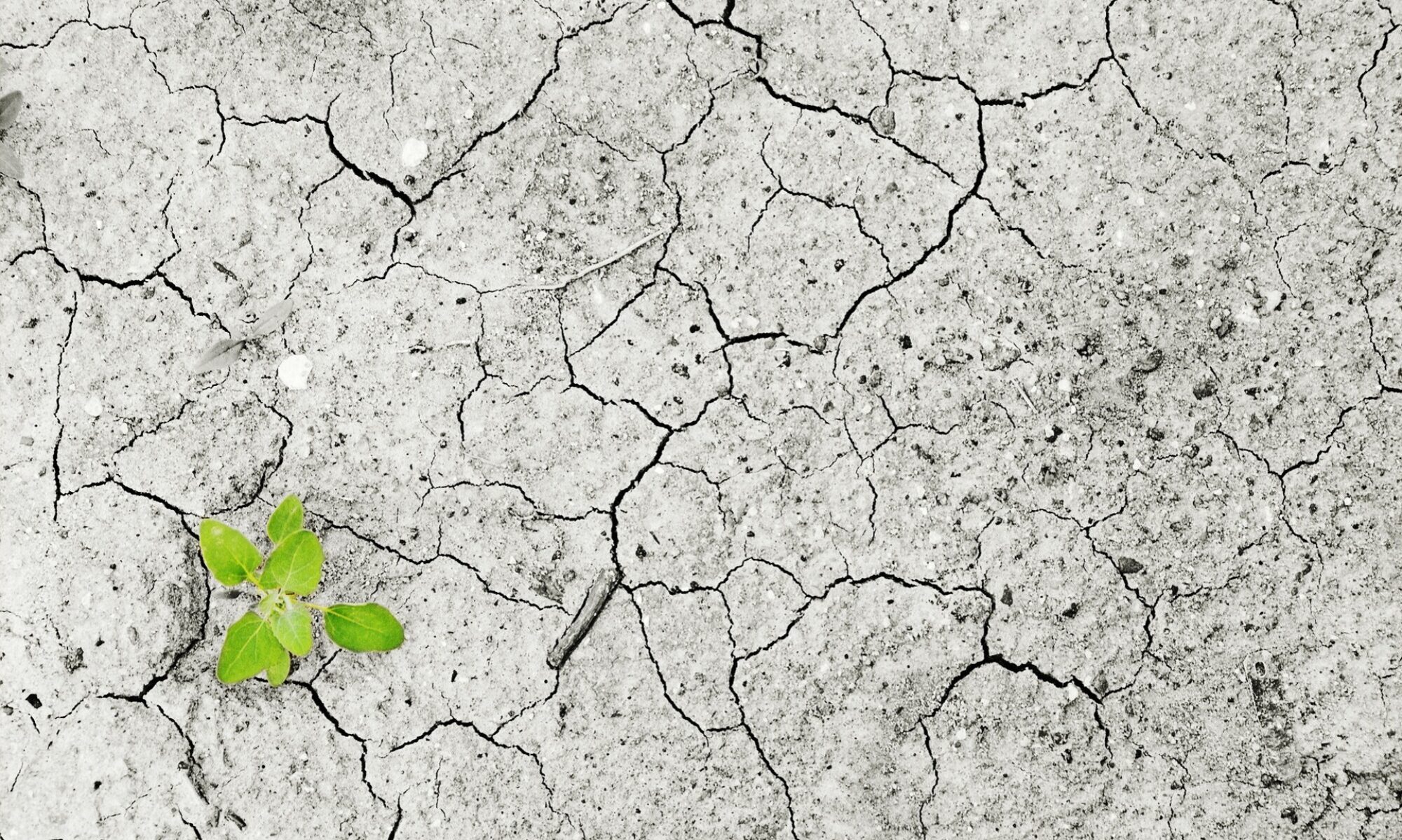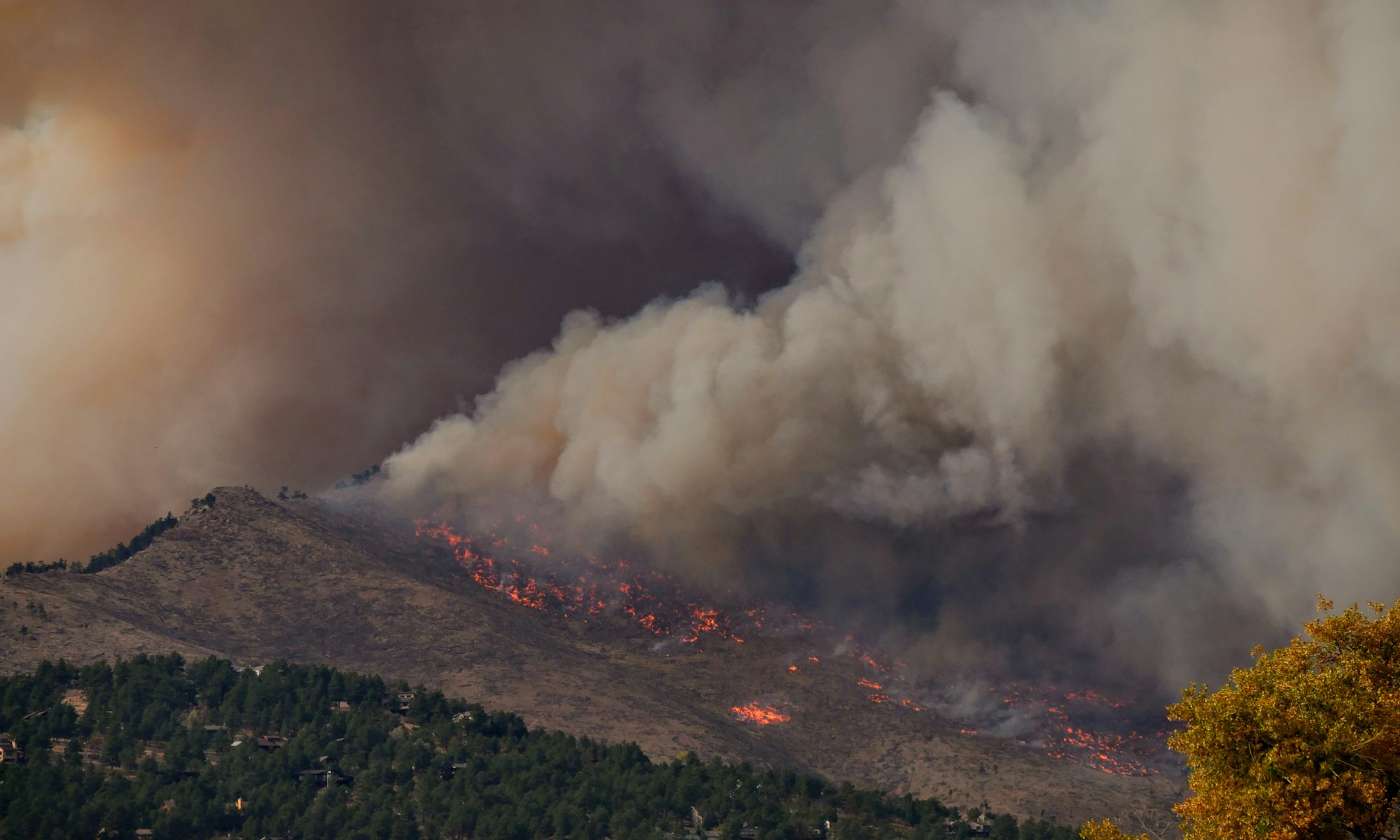4 September 2021 – by Atoosa Gitiforoz
In recent months, out of control wildfires have brought large-scale blazes across Greece and Turkey, forcing thousands to flee.
According to the European Forest Fire Information system, around 160,000 hectares of forest have burned in Turkey this year, four times the average between 2008-2020. Greece has seen temperatures soar to 45 degrees Celsius – the hottest heat wave in decades. Dozens of villages across both countries have been evacuated, as blazes continue to destroy people’s homes.
Three people have been arrested in suspicion of starting fires, however, officials have been pointing to the wider climate crisis as the underlying catalyst; fires continue to be fed by strong winds and unusually high temperatures.
A report draft recently released by the UN’s Intergovernmental Panel on Climate Change (IPCC), as part of the IPCC’s sixth assessment report, presents some significant findings. The report projects a more accurate Equilibrium Climate Sensitivity (ECS) estimate: from the previous estimate of 1.5C and 4.5C in 2014, to 2.5C and 4C in 2021, with the best estimate at 3 degrees Celsius.
The report, written by over 230 leading scientists across the globe, points to areas vulnerable to water stress and wildfires as at high risk of worsening drought. The report makes it clear that in order to avert these outcomes, rapid reductions in CO2 and greenhouse emissions are necessary, or both water shortages and wildfire trends will continue to worsen.



